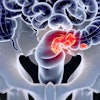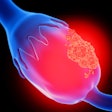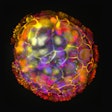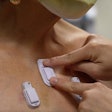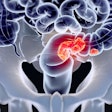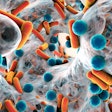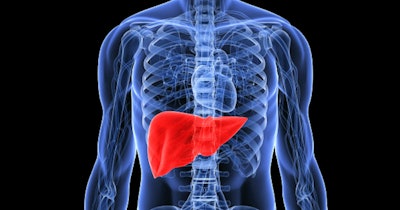
Cambridge, MA-based Glympse on Tuesday announced that it will present a poster demonstrating that its protease biosensor diagnostic platform can detect hepatocellular carcinoma (HCC).
The firm will present the poster at the American Association for the Study of Liver Disease (AASLD) The Liver Meeting 2022, being held in Washington, D.C., from November 4 to November 8.
Current methods of HCC surveillance, including ultrasound or the alpha-fetoprotein (AFP) biomarker blood test, or both, fail to identify more than one-third of early-stage HCC cases, Glympse said.
The firm noted that it recently presented early data demonstrating that its panel of noninvasive biosensors, which measure protease activity from a blood sample, was able to differentiate patients with HCC from healthy controls, with an area under the curve (AUC) of greater than 0.94, and from cirrhosis patients without HCC, with an AUC of 0.93.
At AASLD, Glympse will present a poster evaluating its biosensor panel in comparison to the AFP blood test in samples from 54 patients with HCC and 23 patients with liver cirrhosis but without HCC. The Glympse assay detected HCC in 22 of 30 patients with AFP levels below 20 ng/mL, suggesting the potential diagnosis of HCC patients in whom AFP is not diagnostic, Glympse said.
In combination, the Glympse assay and AFP biomarker test (AFP greater than or equal to 20 ng/mL) demonstrated an AUC of 0.90 in differentiating HCC and cirrhosis patients.



